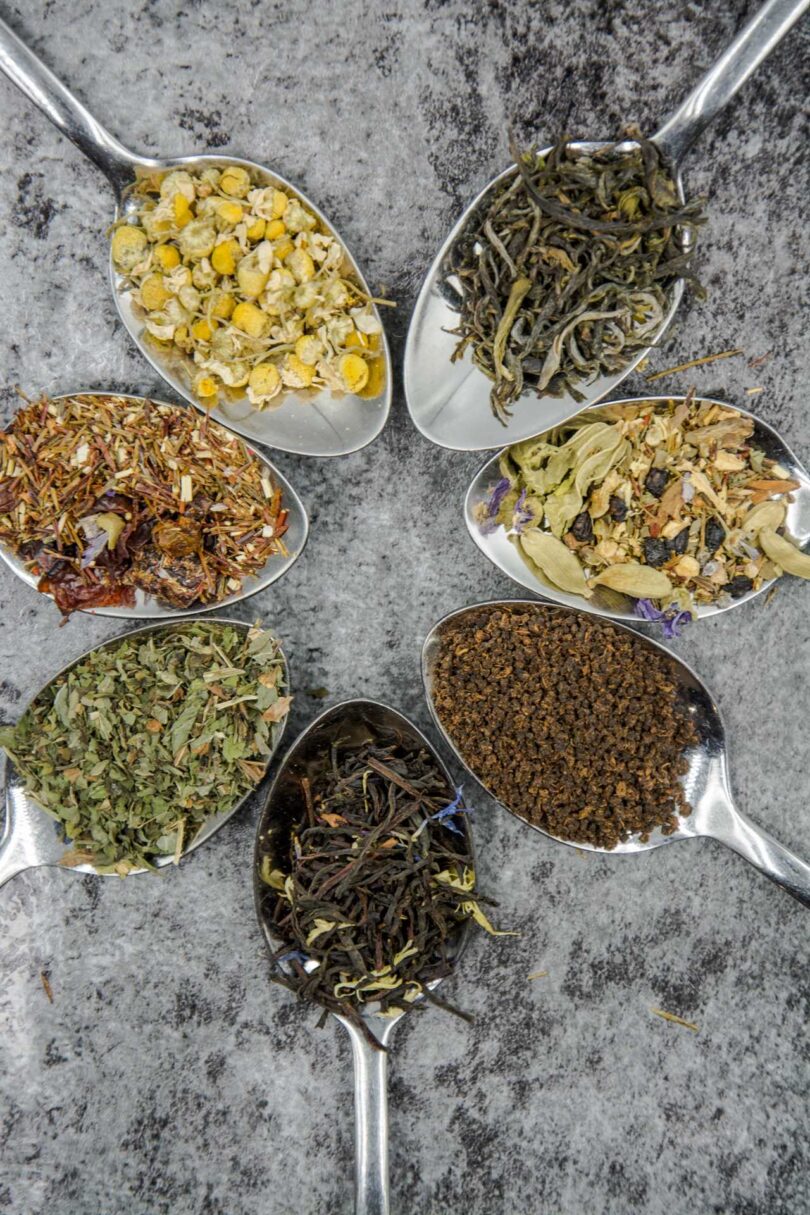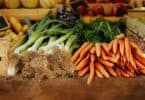Cooking can be as daunting as navigating a maze, but fear not, for this article is here to offer essential tips for beginner cooks.
Like a trusted guide leading the way, it will equip readers with the knowledge and skills needed to conquer the kitchen.
From thoroughly reading and understanding recipes to handling pan safety, this article covers all the bases.
So, grab your apron and prepare to embark on a culinary adventure filled with delicious creations and newfound freedom in the world of cooking.
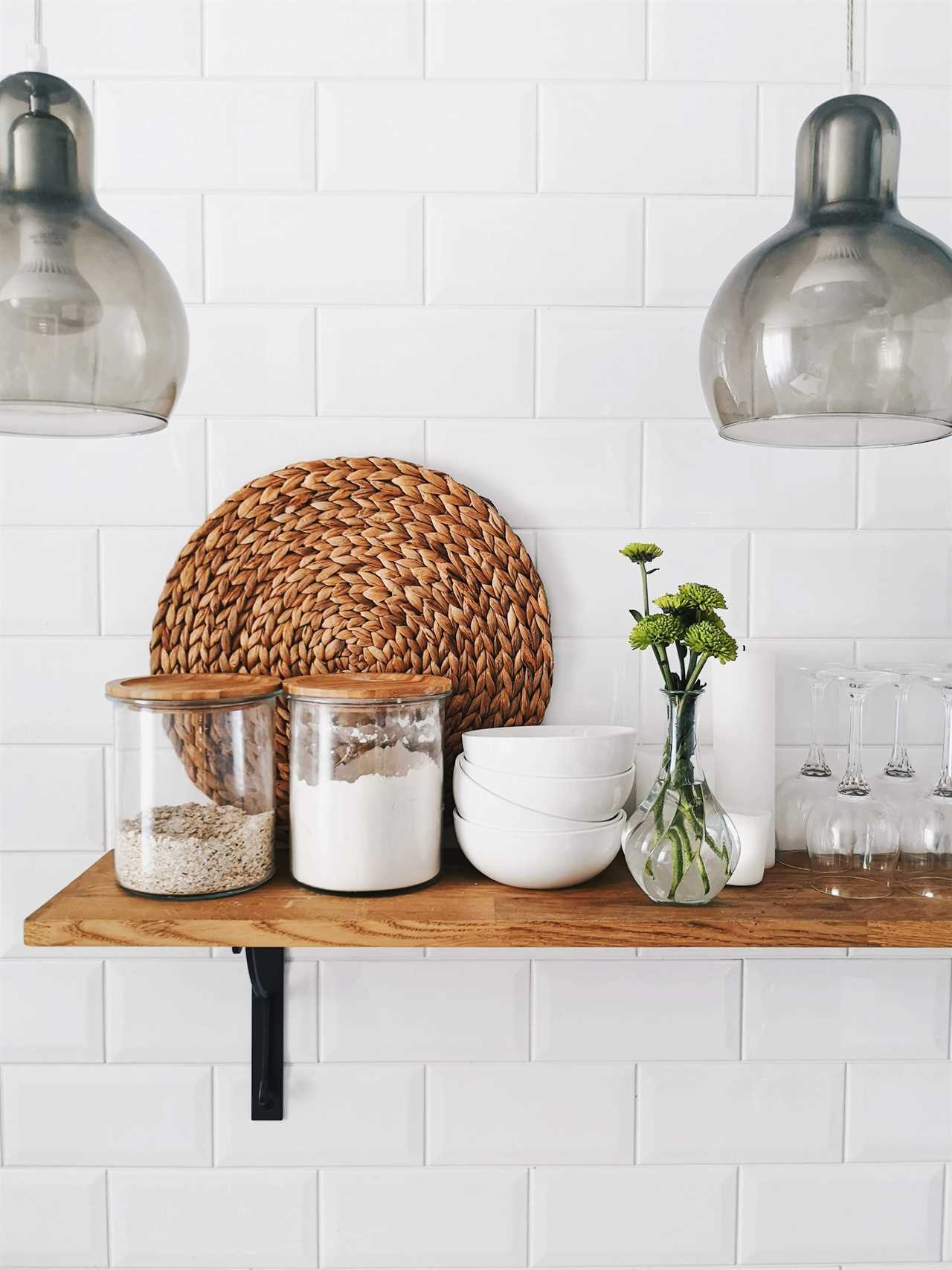
Key Takeaways
- Reading and understanding recipes thoroughly before starting to cook is crucial for better cooking results.
- Preparing and organizing ingredients ahead of time, using the mise en place method, reduces stress and improves safety and success in the kitchen.
- Avoid overcrowding pans or baking dishes to allow food to brown and crisp properly.
- Prioritize safety in the kitchen by turning pan handles to the side to prevent accidents and burns.
Thoroughly Reading and Understanding Recipes
Beginner cooks should thoroughly read and understand recipes before starting to cook in order to avoid missing important instructions or ingredients.
Recipe analysis is an essential skill that allows cooks to grasp the overall process and requirements of a dish. By carefully reading a recipe, one can identify any potential pitfalls or challenges that may arise during the cooking process.
Following instructions is crucial for achieving desired results, as each step contributes to the overall outcome. Neglecting even a single instruction can impact the flavor, texture, or presentation of the dish.
Additionally, understanding the ingredients listed in the recipe helps ensure that one has everything needed before beginning to cook.
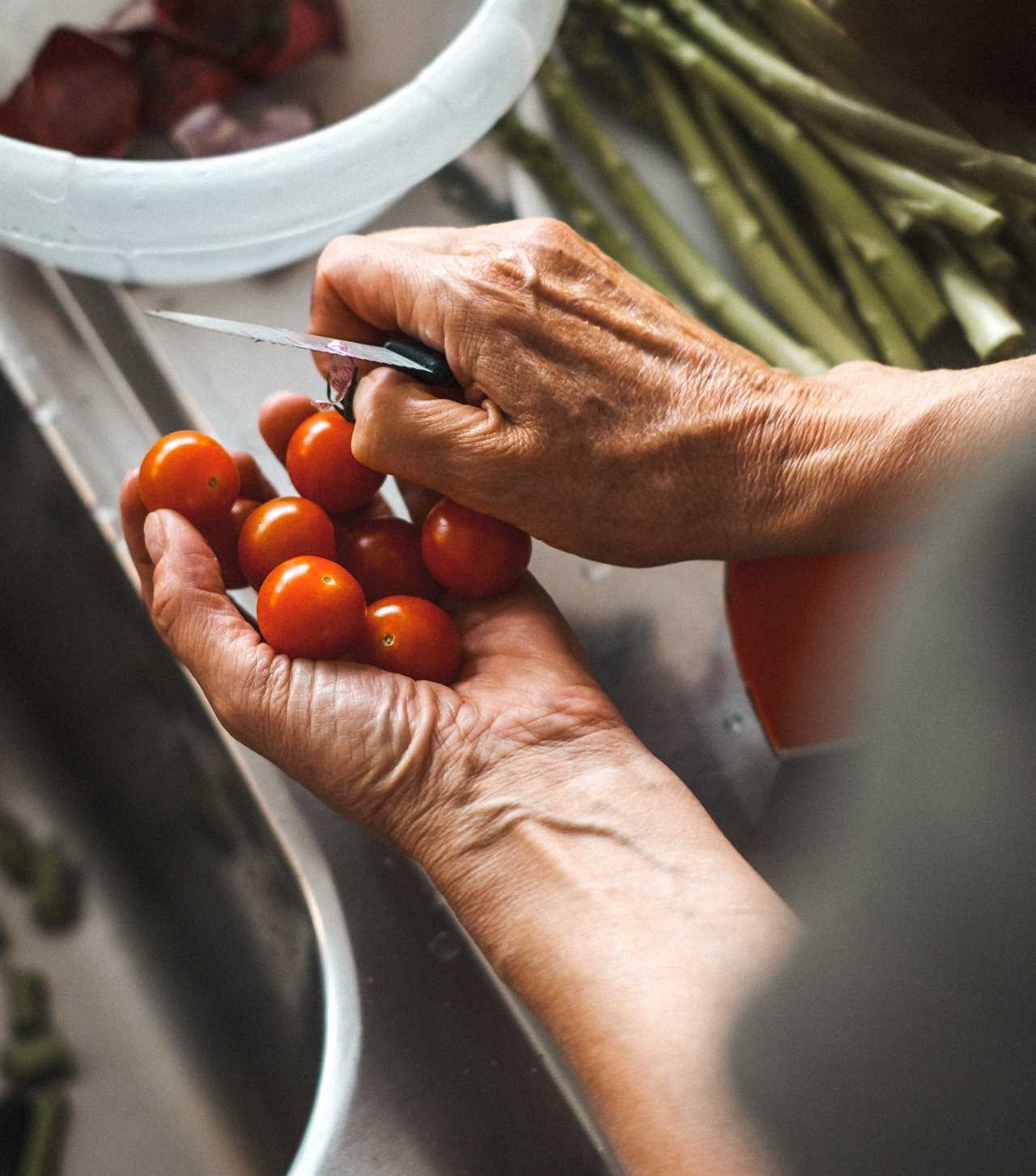
Preparing and Organizing Ingredients
To ensure a smooth cooking process, it is important for cooks to prepare and organize their ingredients ahead of time. Time management in the kitchen is crucial, and one effective technique is mise en place, which involves gathering and prepping all ingredients before starting to cook.
This not only saves time but also helps in maintaining focus and reducing stress. By having everything ready, cooks can easily follow the recipe and avoid any last-minute scrambling. Moreover, mise en place allows for better control over cooking times, ensuring that each ingredient is added at the right moment.
Properly organizing ingredients is a key step in achieving cooking success and creating a more enjoyable and efficient experience in the kitchen.
Avoiding Overcrowding in the Pan or Baking Dish
Avoid overcrowding the pan or baking dish, as this can lead to steaming and affect the texture and crispness of the food.
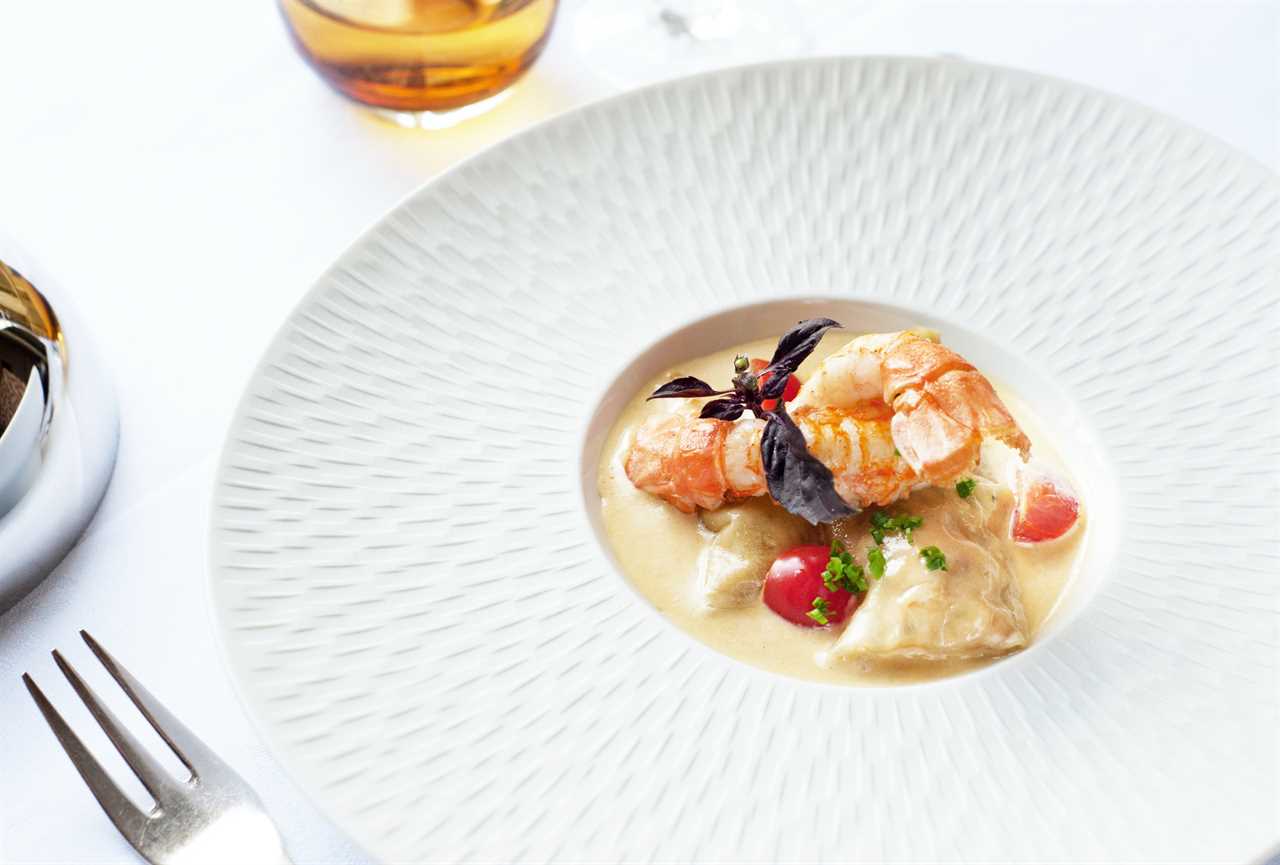
To achieve crispy textures, it is important to ensure proper heat distribution. When the pan or baking dish is overcrowded, food releases moisture, resulting in steaming instead of browning and crisping. This can make the food soggy and less appetizing.
To prevent this, give the food ample room for browning and crisping by cooking in batches if necessary. Proper heat distribution is crucial for achieving crispy textures. Make sure the pan or baking dish is preheated before adding the ingredients. This allows the food to cook evenly and develop a crispy exterior.
Handling Pan Safety
Handling pan safety is crucial to prevent accidents and ensure a safe cooking environment. Proper pan handling techniques can prevent burns, spills, and other accidents that may occur in the kitchen. To promote a sense of freedom and safety in the kitchen, here are some important tips to follow:
- Always turn pan handles to the side to prevent accidents and spills.
- Be mindful of others, as even when feeling calm, they may accidentally knock down hot pans.
- Develop the habit of turning handles to prevent accidents from happening.
- Make safety a priority in the kitchen by practicing proper pan handling techniques.
Choosing a Good Knife
A good chef’s knife enhances cutting techniques and should feel comfortable in the hand. It is an essential tool in any kitchen.
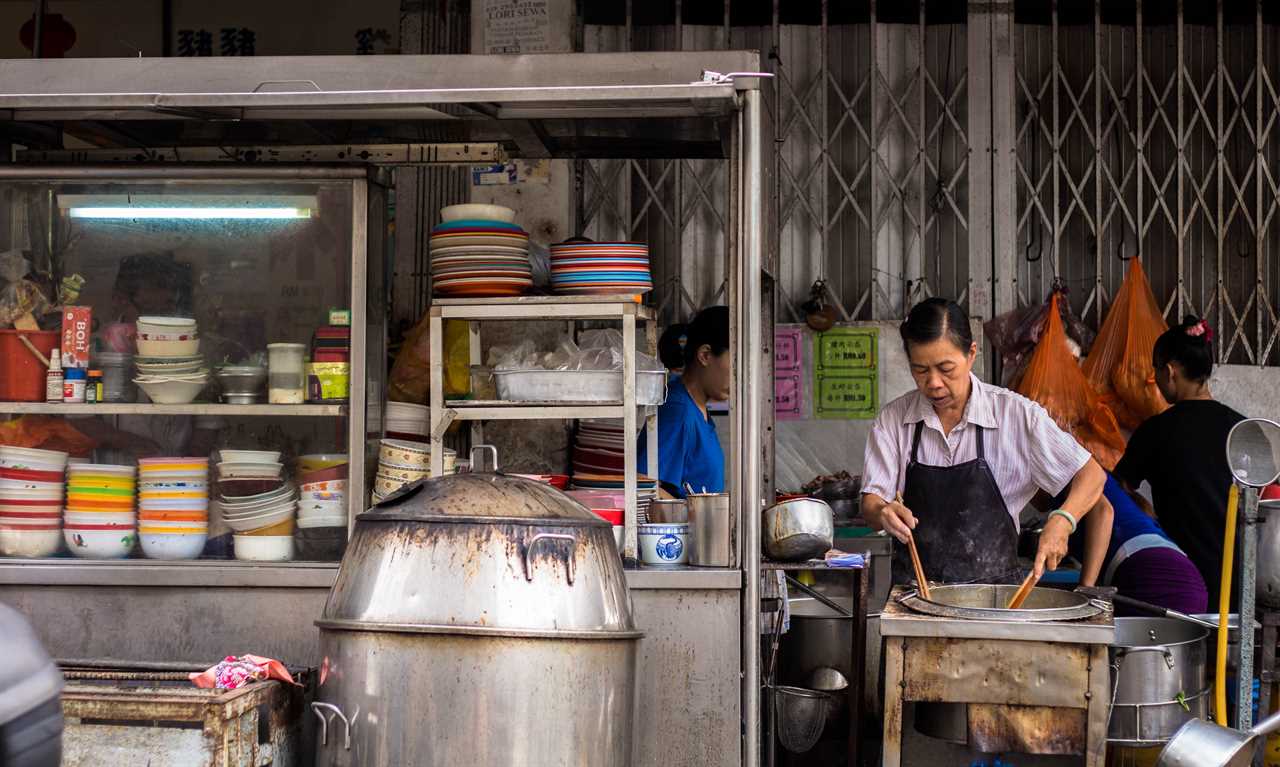
Proper knife handling techniques and maintenance are crucial for safe and efficient cooking. To maintain the quality of a knife, it is important to keep it clean and dry after each use. Regular sharpening is necessary to ensure the blade remains sharp.
When using a knife, it is important to hold it with a firm grip and use a rocking motion when cutting. Avoid using excessive force, as this can lead to accidents. Always use a cutting board to protect the knife and avoid dulling the blade.
Purchasing Quality Ingredients
Fresh and quality ingredients greatly impact the final outcome and flavor of dishes. When it comes to purchasing ingredients, it is important to prioritize freshness. Here are a few reasons why:
- Fresh ingredients enhance the taste and aroma of dishes, creating a more enjoyable eating experience.
- Store-bought ingredients may contain preservatives and additives that can affect the overall quality of the dish.
- Homemade ingredients, such as sauces or stocks, allow for more control over the flavors and can elevate the dish to new heights.
- Choosing fresh ingredients also supports local farmers and promotes sustainability.
By understanding the importance of freshness in ingredients and comparing store-bought vs. homemade options, cooks can ensure that their dishes are full of flavor and made with the highest quality ingredients.
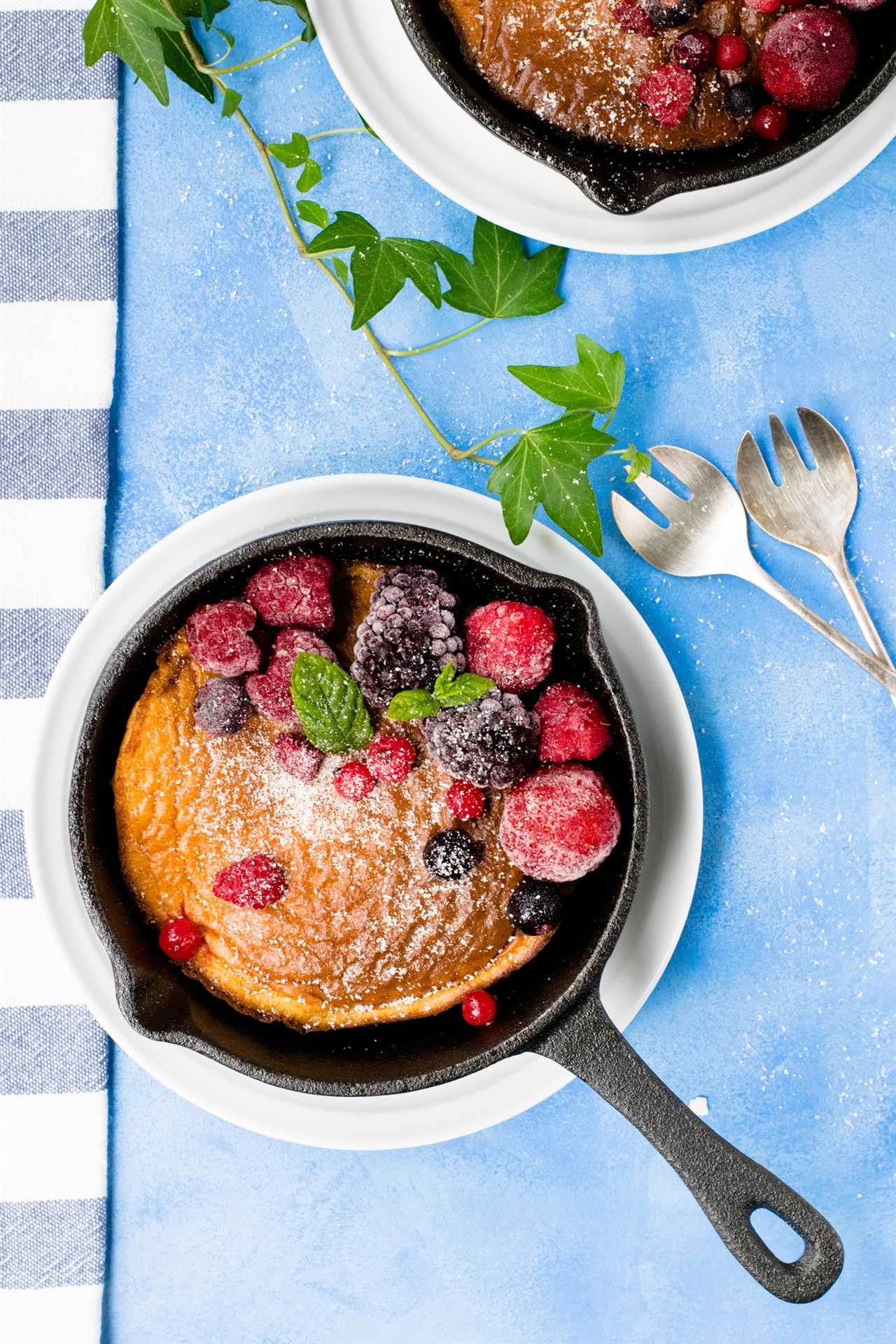
Being Selective With Brands
When it comes to cooking, choosing the right utensils and mastering basic techniques are essential for success in the kitchen. Selecting the appropriate utensils for different cooking methods can greatly affect the outcome of your dish. Understanding the purpose and function of each utensil is key to enhancing your cooking efficiency and results. Whether it’s using a spatula for flipping pancakes or a whisk for beating eggs, having the right tools will make your cooking experience much smoother.
In addition to utensils, mastering basic cooking techniques is crucial for any aspiring chef. Techniques like sautéing, braising, and roasting are fundamental skills that allow for more creativity in the kitchen. Understanding cooking temperatures and times is equally important for achieving the desired results.
With practice and repetition, you can improve your cooking skills and become more confident in the kitchen. So, don’t be afraid to experiment and try new recipes, and remember that mistakes are just opportunities for learning and growth.
Staying in the Kitchen While Cooking
Staying present in the kitchen and actively monitoring the cooking process ensures better outcomes for the dishes being prepared. Benefits of active cooking supervision and the importance of attentiveness in the kitchen cannot be overstated. Here’s why:
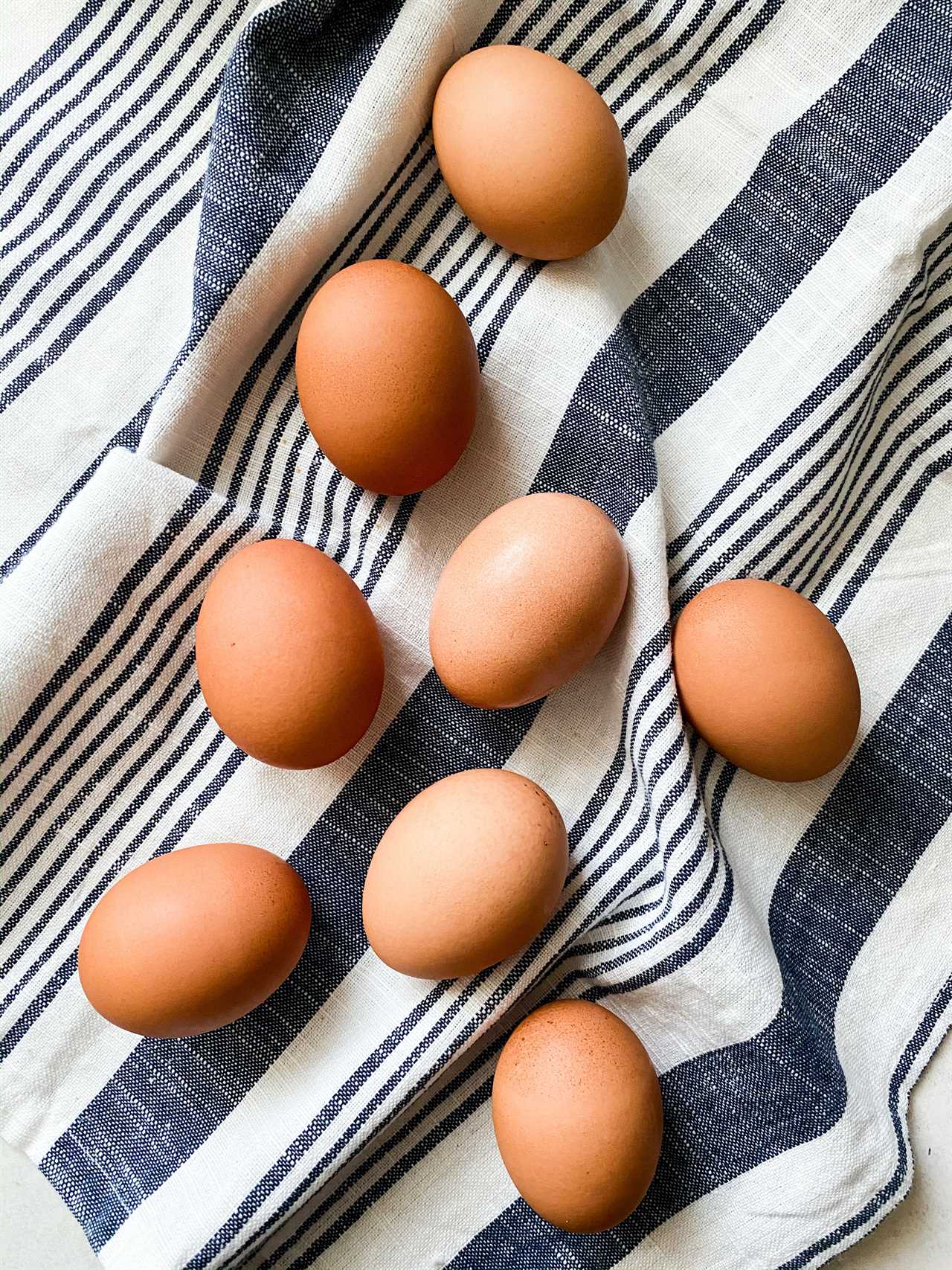
-
Safety: By staying in the kitchen, you can prevent accidents like burnt food or spills, ensuring the safety of yourself and others.
-
Consistency: Active supervision allows you to closely monitor the cooking process, ensuring that the dish is cooked evenly and to the desired level of doneness.
-
Adjustments: Being attentive enables you to make necessary adjustments along the way, such as adjusting the heat or adding additional seasoning, resulting in a perfectly balanced dish.
-
Learning opportunity: Actively engaging with the cooking process allows you to learn and understand the techniques and flavors better, empowering you to become a more confident and skilled cook.
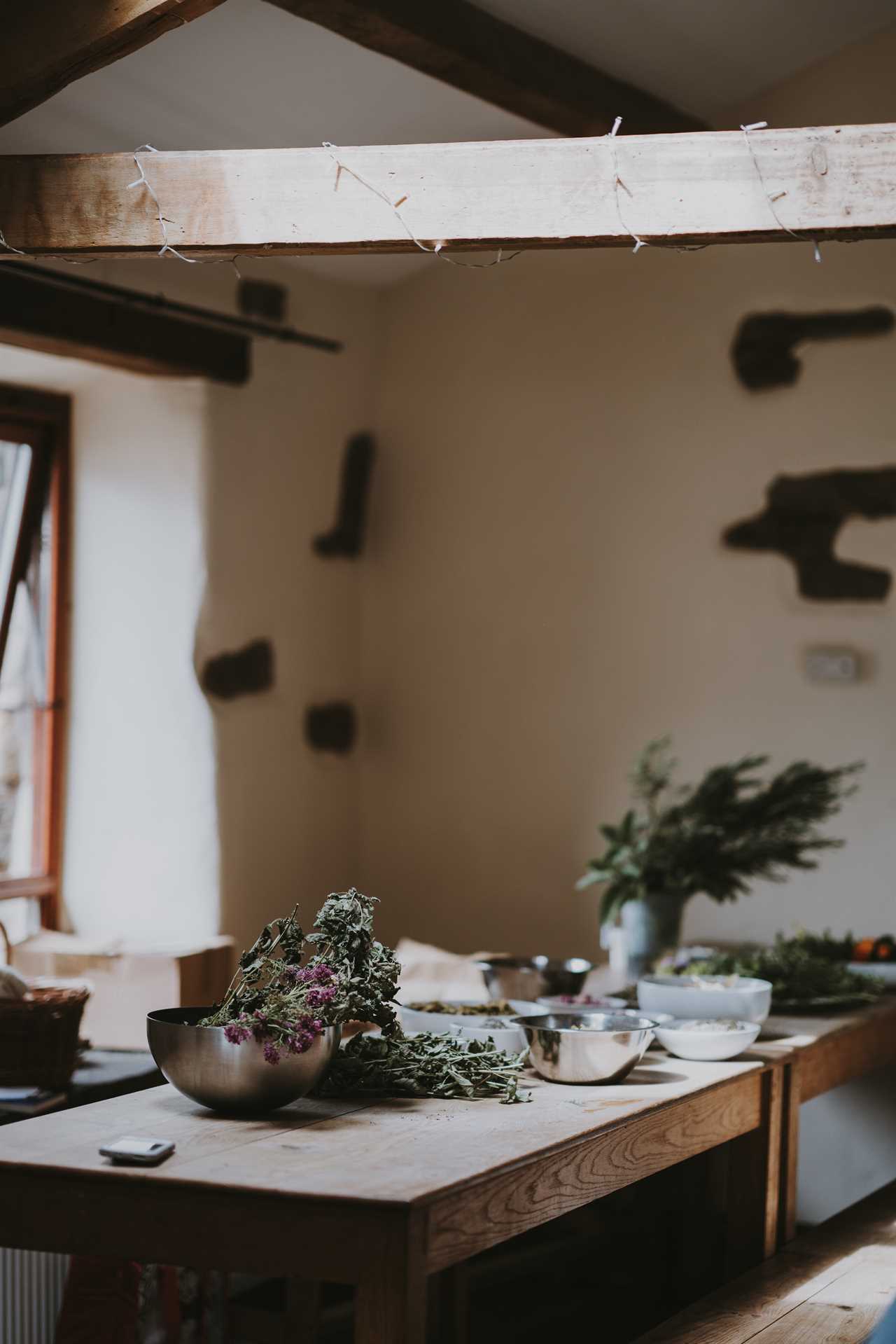
Frequently Asked Questions
What Are Some Recommended Brands for Chef’s Knives?
Some recommended chef’s knife brands for beginners include Shun Classic and Wusthof Classic knives. These brands are known for their quality and reliability in the kitchen.
It is important to choose a knife that feels comfortable in the hand and suits the size of your hand.
Additionally, regularly sharpening your knife will improve cutting techniques and ensure optimal performance. Sharpening techniques can be learned and practiced to maintain the sharpness of your knife.
How Can I Tell if a Spice Has Expired?
When it comes to spices, it’s important to know if they have expired. To determine if a spice has expired, you can rely on your senses.

Look for any changes in color or texture, as these can indicate spoilage. Additionally, check for any strange or off odors that may be a sign of deterioration.
Proper spice storage is also crucial in maintaining their freshness. Keep spices in a cool, dry place away from sunlight and moisture to prolong their shelf life.
What Are Some Common Cooking Techniques That Beginners Should Learn?
Beginners in the kitchen should focus on learning essential cooking techniques such as sautéing and roasting.
Sautéing involves cooking food quickly in a small amount of oil over high heat, resulting in deliciously browned and flavorful dishes.

Roasting, on the other hand, involves cooking food in the oven at high temperatures, creating a crispy exterior and tender interior.
Mastering these techniques will allow beginners to explore a wide range of recipes and develop their culinary skills.
How Should I Properly Clean and Maintain My Cookware?
Proper cookware maintenance is essential for ensuring its longevity and optimal performance. It is important to clean cookware properly after each use, following the manufacturer’s instructions. Avoid using abrasive materials that can damage the surface.
Regular maintenance, such as seasoning cast iron, helps to prevent rust and maintain its non-stick properties. By taking good care of your cookware, you can enjoy cooking with it for years to come.
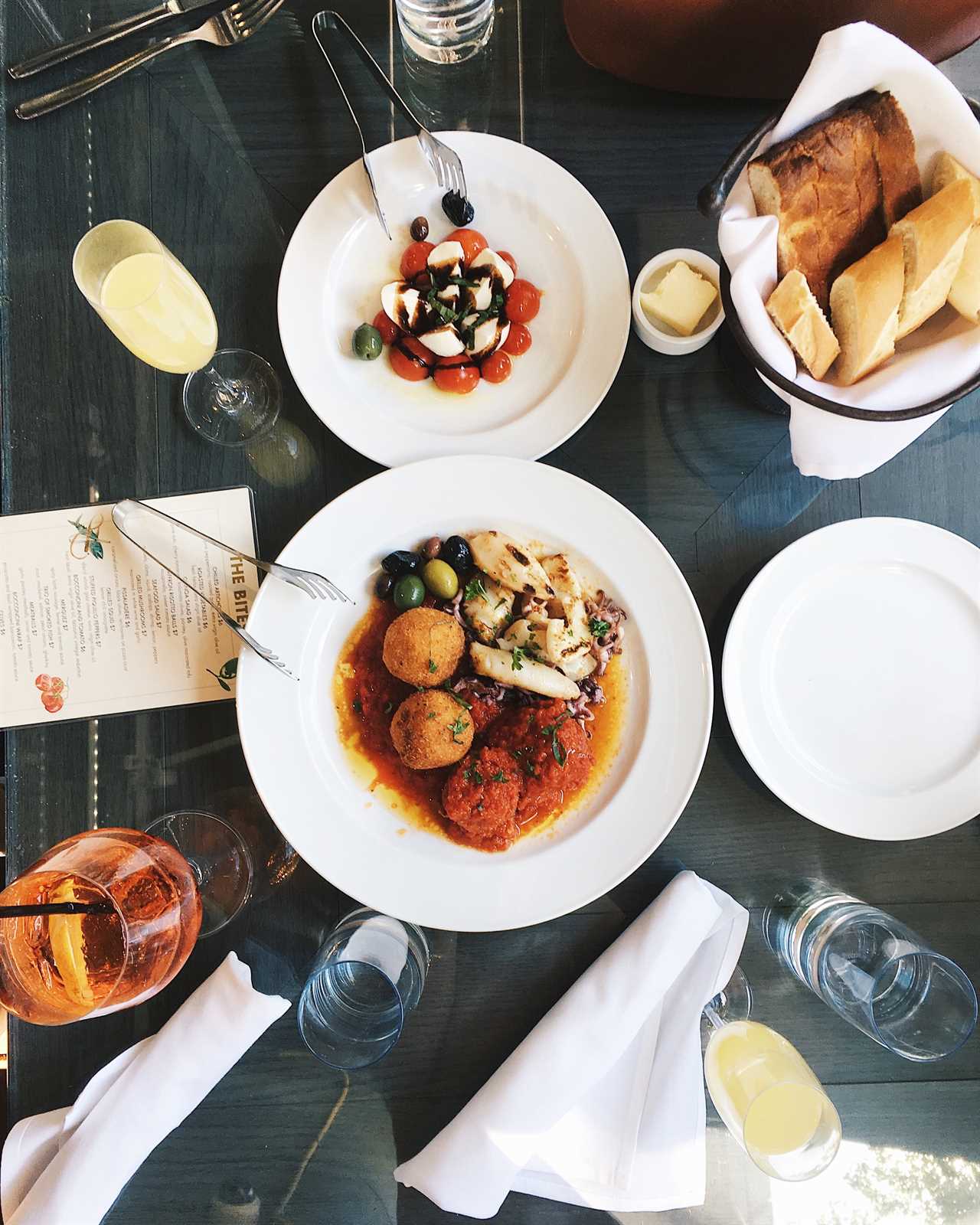
What Are Some Important Food Safety Guidelines to Follow in the Kitchen?
Proper storage methods and preventing cross contamination are crucial food safety guidelines to follow in the kitchen. Storing raw and cooked foods separately helps avoid the spread of harmful bacteria.
It’s important to cook food to the correct internal temperature to prevent foodborne illnesses. Leftovers should be stored properly to prevent spoilage.
Regularly checking expiration dates on food products ensures that they are safe to consume. By following these guidelines, beginner cooks can ensure the safety and well-being of themselves and their loved ones.

